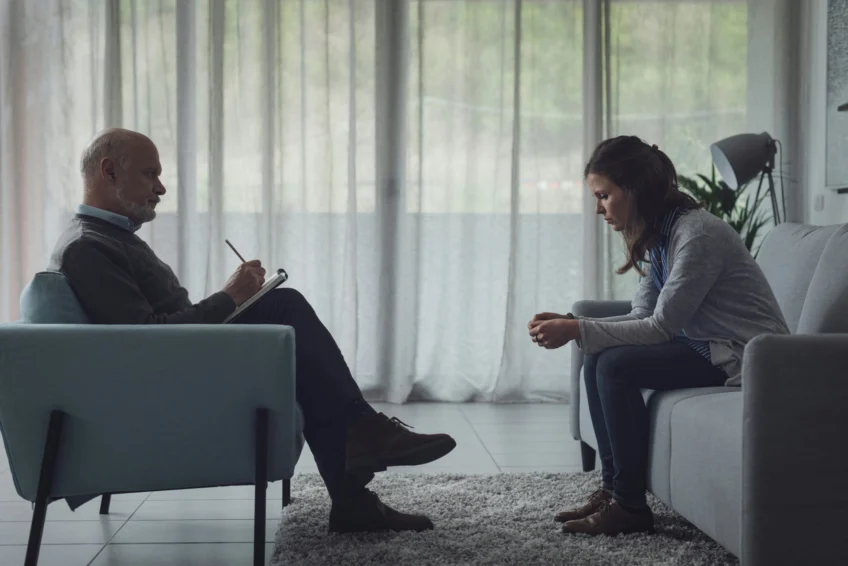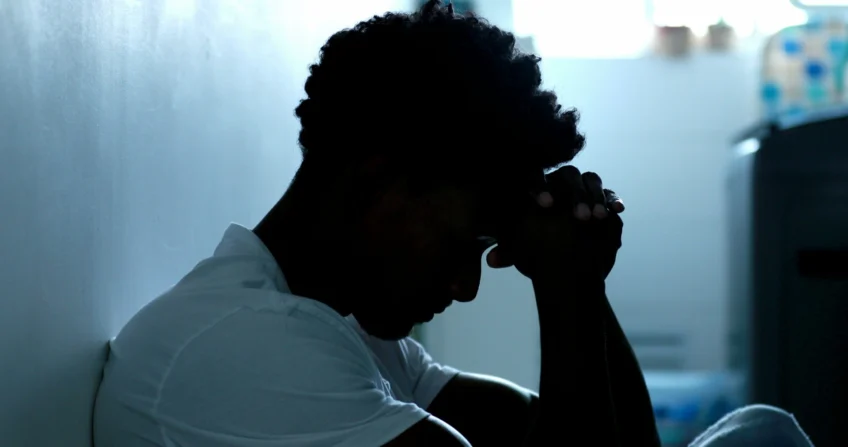When it comes to substance abuse recovery, no two journeys look exactly alike.
Not all homelessness stems from economic hardship. In many cases, unresolved trauma lies beneath the surface.
International Overdose Awareness Day is a global event that honors the lives lost to drug overdose.
Sobriety is more than just abstaining from drugs and alcohol—it's a life-changing journey toward physical health, mental clarity, emotional stability, and spiritual wellness.
Polysubstance abuse creates complications that differ significantly from addiction to a single substance. When people use multiple drugs regularly, either together or separately, the combined effects can be harder to predict and manage.
Lean drink, often referred to as "purple drank," "sizzurp," or simply "lean," is a concoction that has gained notoriety in popular culture, particularly in music and social media. Originating in the southern United States, lean drink is typically made by mixing prescription-strength cough syrup containing codeine and promethazine with a…
Being sober curious means questioning how alcohol fits into your life and exploring what it feels like to go without it.
Life can often feel overwhelming with the pressures of work, family, and personal struggles. For many, mental health challenges such as anxiety, depression, substance abuse, or trauma can become a heavy burden, impacting relationships, work performance, and overall well-being.
At Westwind Recovery®, we believe every person's journey is different. Personalized addiction treatment means crafting a care plan that addresses your unique needs, background, and goals.
Self-care is a vital part of the recovery process. It helps individuals rebuild their physical, emotional, and mental well-being after addiction or trauma.














